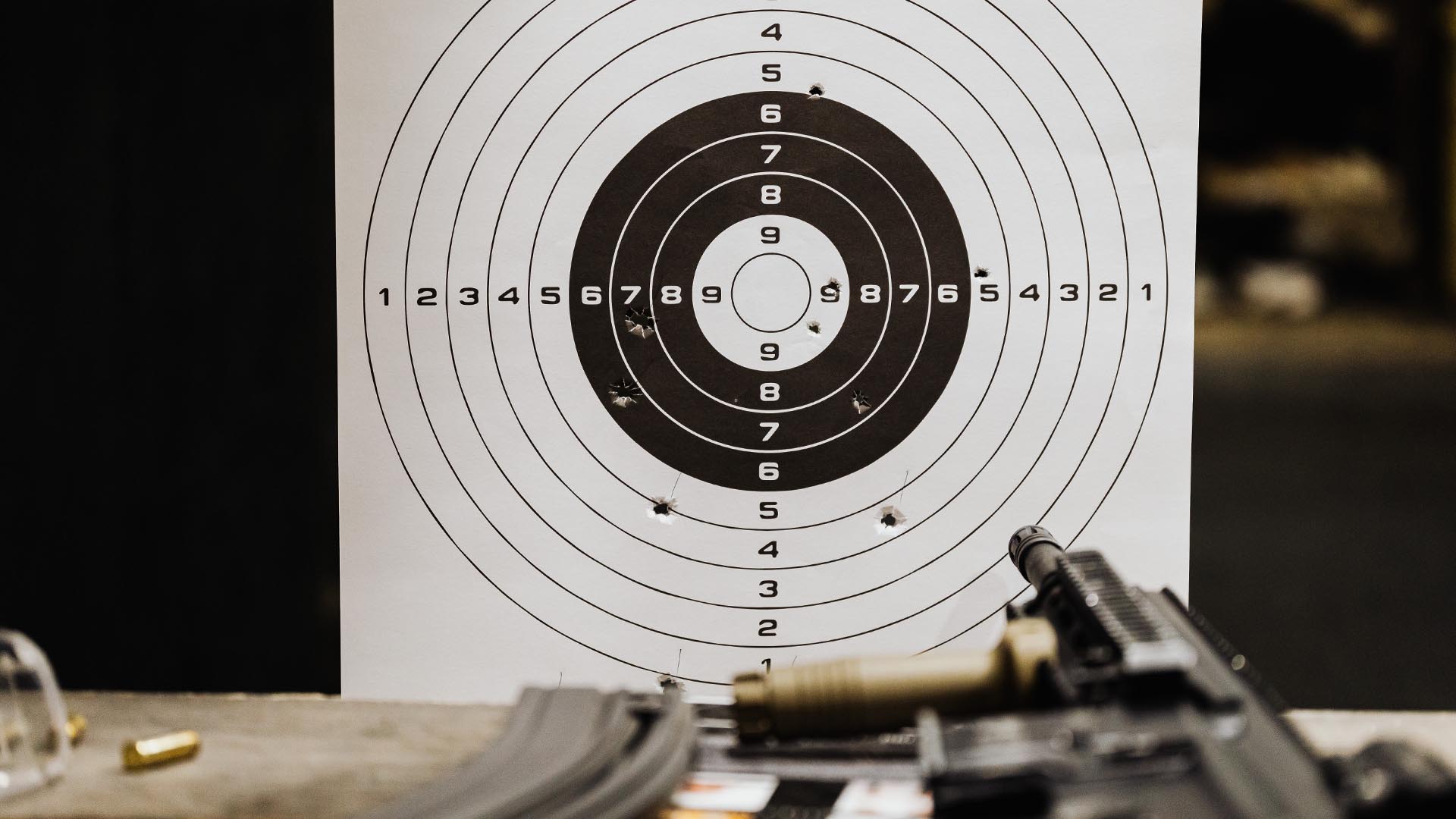
What is a Gun Trust?
What is a Gun Trust? Estate planning for firearm owners is not the same as an estate plan for a young married couple with small children. While the firearm owner may be the young married couple with small children, the estate plan for firearms needs to discuss when, to whom, and how to properly transfer both Title I firearms and Title II firearms. A revocable trust will effectively manage the typical trust assets such as bank accounts, funds from life insurance policies, a house, and distribution of trust assets to beneficiaries, a separate trust designed specifically for the transfer of firearms needs to be a part of the complete estate plan.
A revocable trust designed for the ownership and transfer of firearms is known as either an NFA Firearms Trust or a Gun Trust. While some law firms use these names interchangeably, here at Michigan Gun Law, they are two separate trusts. An NFA Firearms Trust or National Firearms Trust is a revocable living trust designed for the sole purpose of owning and transferring Title II ,also known as Class 3, firearms. A gun trust is revocable living trust designed for the ownership and transfer of both Title I and Title II firearms.
Title II firearms are those in which the federal government has enacted laws to restrict ownership. Title II firearms include short-barreled rifles and shotguns, machine guns, destructive devices, and silencers, also known as suppressors. All of these firearms require a tax stamp to own and register the firearm to a specific individual. Title II firearms may not be loaned to another person or transferred without the involvement of paperwork and BATFE officials. State laws vary on which of these firearms are legal to own or possess within the state. Some states may allow the ownership and possession of these firearms but restrict the ability to transfer the firearm upon death.
The NFA Firearms Trust provides a means to preserve the firearm after the death of the individual creating the trust, because the trust owns the firearms and has the tax stamp, not the individual. In addition, the trust provides specific instructions to successor trustees on how to transfer the firearms, where to find the relevant laws, to whom the firearms may be transferred, and the requirements under federal law to own or possess a firearm. All this information is important to a successor trustee that may not be as knowledgeable as the firearms owner who created the trust.
Another benefit of an NFA Firearms Trust is that firearms owner can omit a family member that is not qualified under federal law to own a firearm as a beneficiary under this trust, while still providing for the family member in the separate revocable living trust. This eliminates the hard choice of leaving a loved out of the estate plan because of choices that resulted in “prohibited person” status under federal law with firearms.
18 U.S.C. 922(g) defines who is a prohibited person. Some of those people include anyone convicted of a crime punishable by imprisonment exceeding one year, someone who was dishonorably discharged from military service, someone who was adjudicated as mentally defective or committed to a mental institution, a person who is an unlawful user of or addicted to any controlled substance, an illegal alien, or a person convicted of misdemeanor domestic violence. There are other categories of individuals who are prohibited to own firearms under federal law. A thorough review of 18 U.S.C. 922(g) should be done before any individual is named or added to an NFA Firearms Trust.
Here, at Michigan Gun Law, we vet your chosen successor trustees and beneficiaries before we draft the trust to ensure that no prohibited person is named within the trust documents. In addition, we educate the firearm owner on what steps to take when they learn that a loved one has become a prohibited person.
If you are interested creating an NFA Firearms Trust or a gun trust, call Michigan Gun Law where our attorneys have the experience and in-depth knowledge in this area to craft a gun trust that meet your needs. Contact us today at (248) 230-2545 to schedule your pre-engagement meeting.
